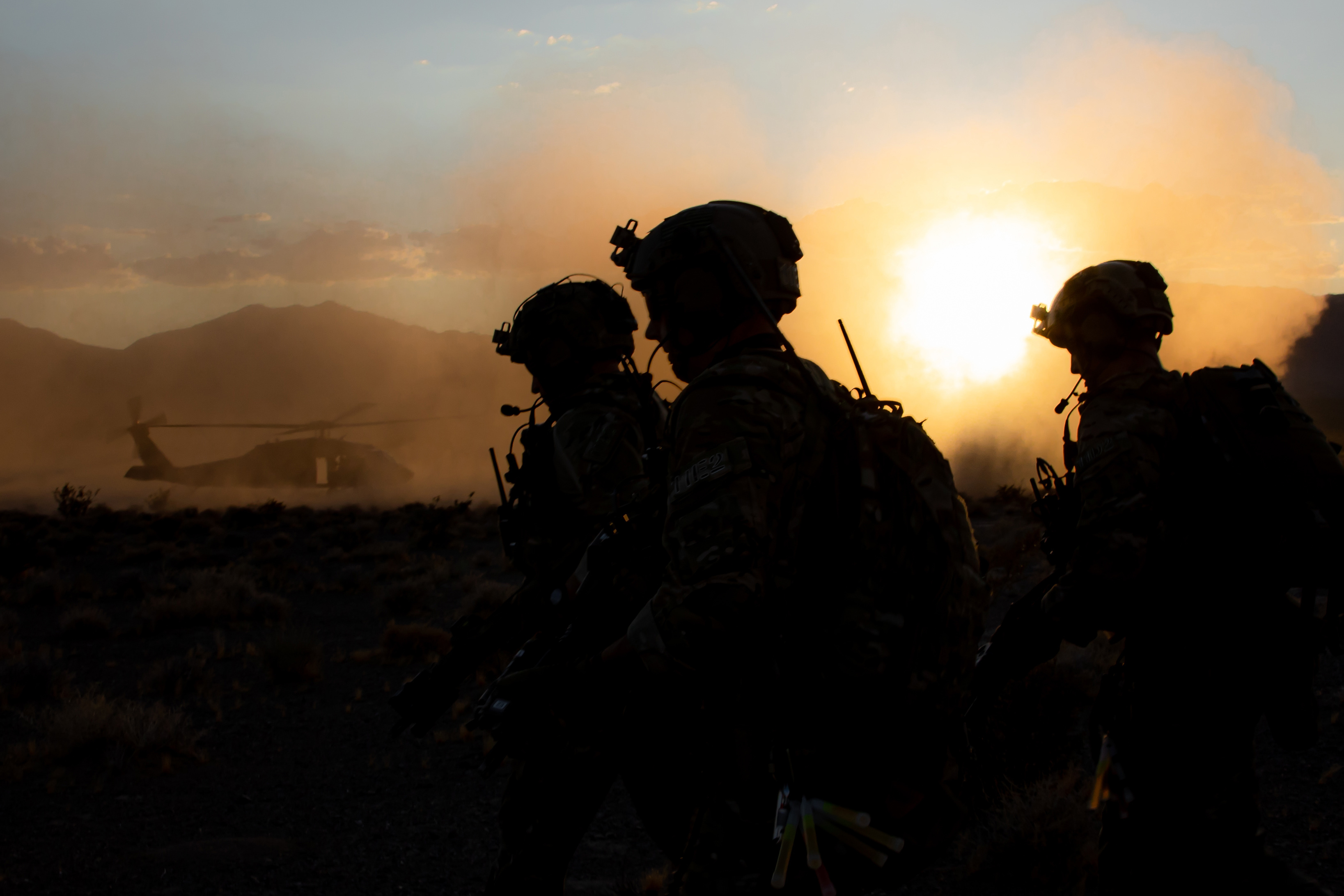Submission Statement
Michael Kofman has released a new episode of the Russian Contingency. Unfortunately, I have no way of sharing the episode, but I have summarized some of the key points he made below.
-Ukraine has made incremental gains along all three axes of the counteroffensive, most notably Bakhmut.
-Bakhmut is difficult to defend, but has lots of political significance–good target for a fixing action.
-Offensive is well underway–no longer a probing attack. Not going as well as Ukraine had hoped. Pivoting to an attritional approach.
-Forces that have been committed are a mix of forces–Western-trained, regular units, even TDF.
-Train-and-equip approach, trying to pivot Ukrainian units to combined arms, has struggled. Ukrainians cannot mass without support equipment to get through defenses. Ukrainians continue to sequence operations as opposed to combined arms tactics
-DPICMs are a big deal–more important than ATACMS or F-16s. Artillery munitions supply is the sand in the hourglass, so DPICMS takes time pressure off of Ukrainian forces. Quantity is more important than quality here.
-Territory taken is a lagging indicator–the real determinant is attrition, the levels of which are unclear.
-Kofman is skeptical that Russians plan to damage ZNPP, believes it is a product of Ukrainian anxiety after the Khakova dam breach.
-The recent flurry of nuclear signaling by Russia is puzzling in terms of timing, motive, and relevance. Russia is not losing ground or in a situation where it might actually try to use nukes. The people doing this are not the most relevant to decision-making in the Kremlin. Russian nuclear force posture has not changed in conjunction with messaging.
-Nuclear weapons are significant even in conflict like this–they force the other parties involved to be careful about escalation. Allowed Russia to keep the war localized(horizontal escalation) and contained(vertical escalation).
-However, Russia is finding that nuclear weapons are not useful for compellence, and the later in the war it gets the less Russia can squeeze out of its nuclear signaling. Same lesson the Soviets learned.
-Prigozin’s attack ended up as a “mutiny-plus”. Still questions about the levels of passive support within Russian military. Wagner was pulled back from the front, so short-term impacts are low. Still questions over who will take over operations in Africa and elsewhere.
-Putin’s regime is not Stalin’s. Don’t expect purges. But Putin is dealing from a position of weakness right now, and that won’t last forever. The current deal with Prigozhin is unlikely to be the end of the story.
Michael Kofman is a Senior Fellow at the Carnegie Endowment and a Principal Research Scientist at CNA, focused on Russian military & defense analysis.
I appreciate your efforts to bring some of the credibledefence content over to Lemmy. Hopefully some of the discussion follows soon, as that was the main attraction of r/CD for me
Be the change you want to see! Discussion doesn’t just appear out of the ether, people like you and I have to make it happen. Share news links in the megathread, ask questions, put your opinions out there(with sources, of course). Once the ice gets broken, others will follow. Someone has to make the first comment. Why not you?

